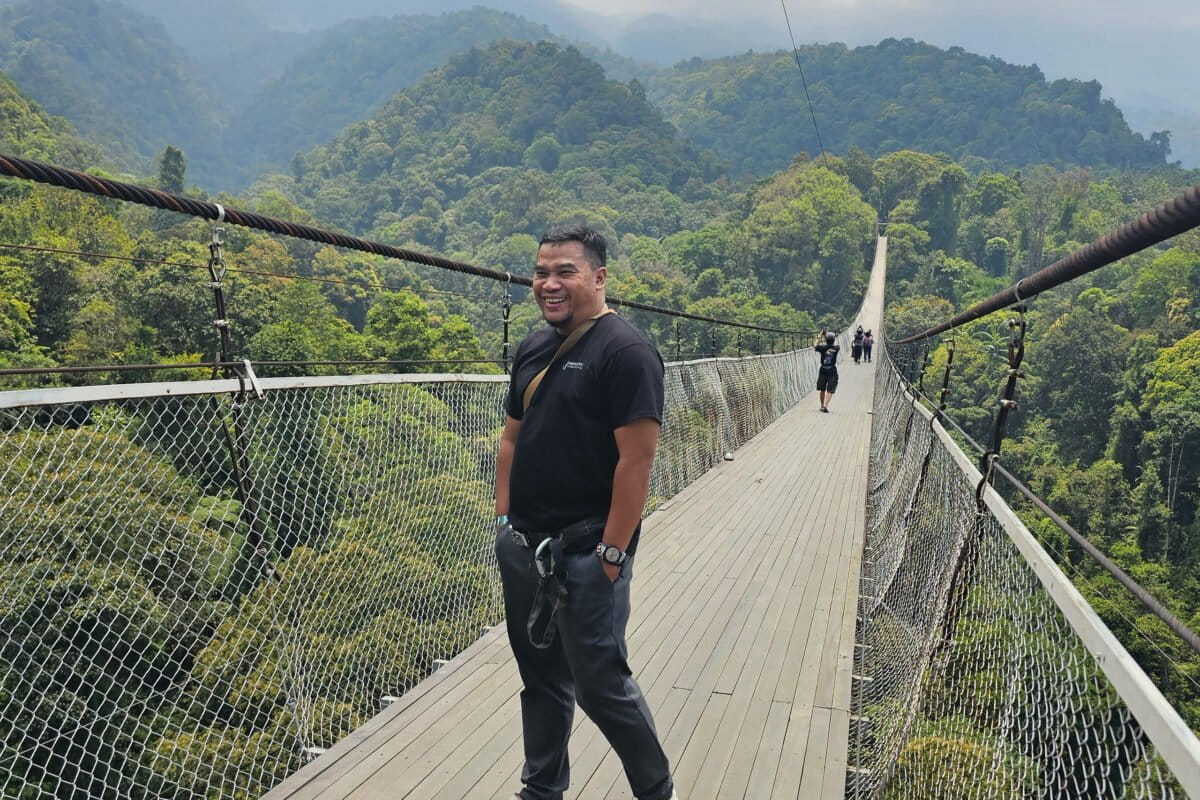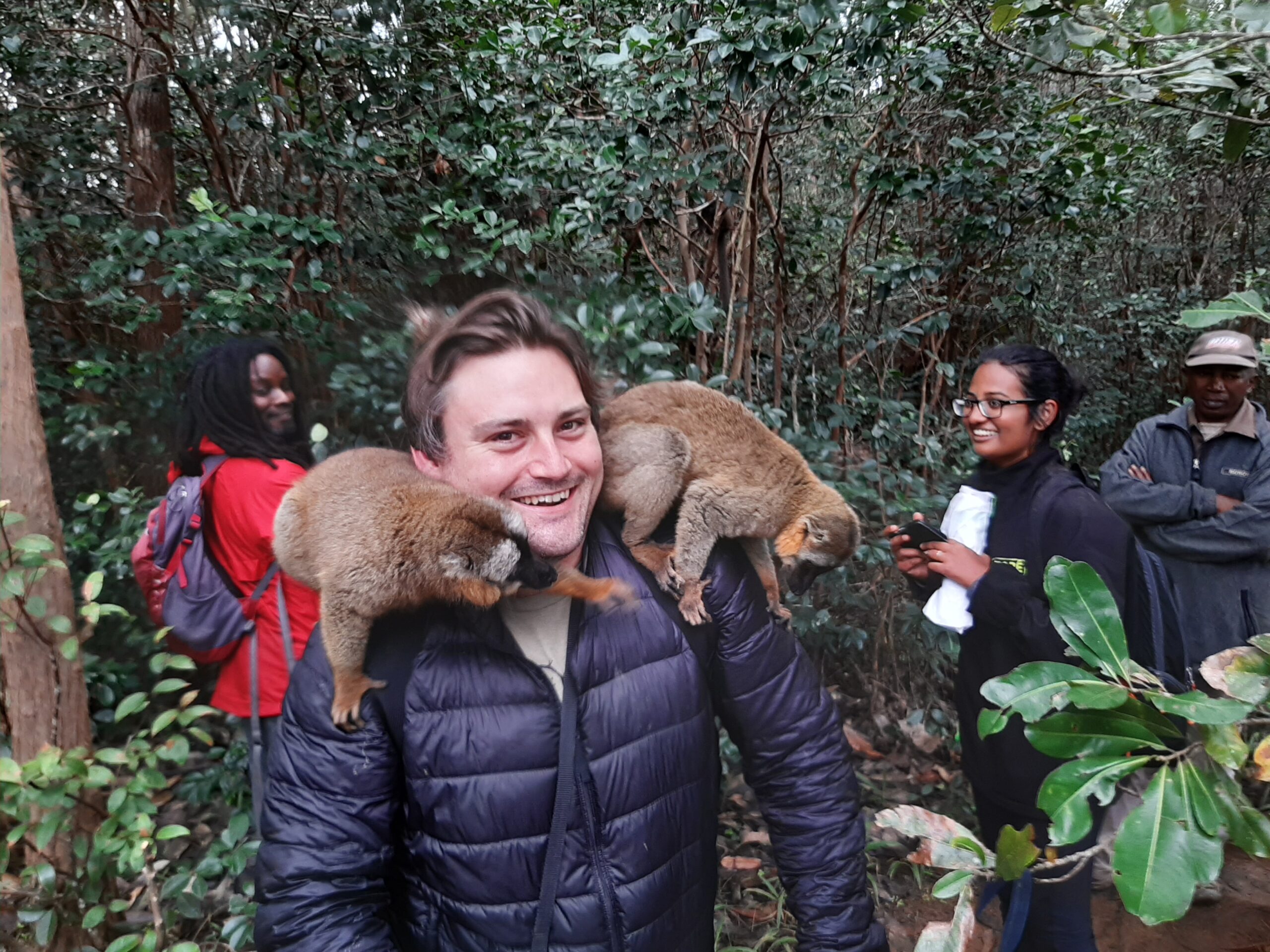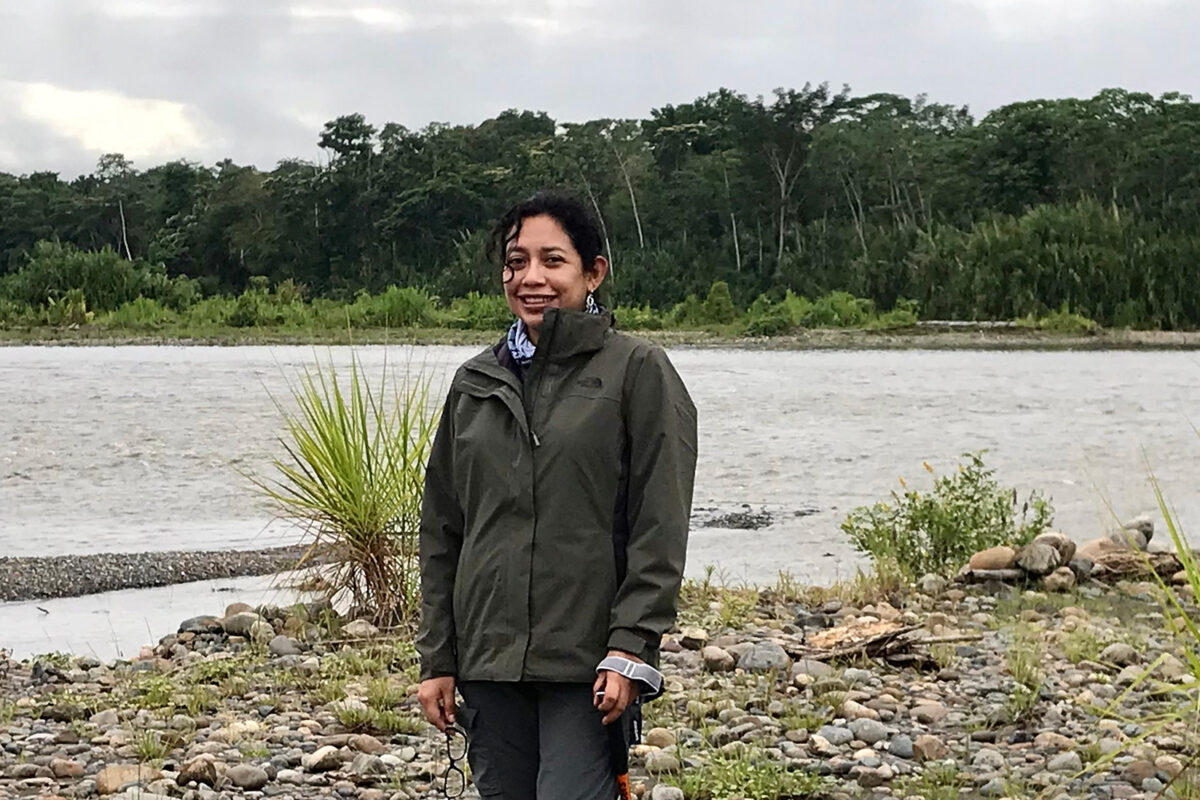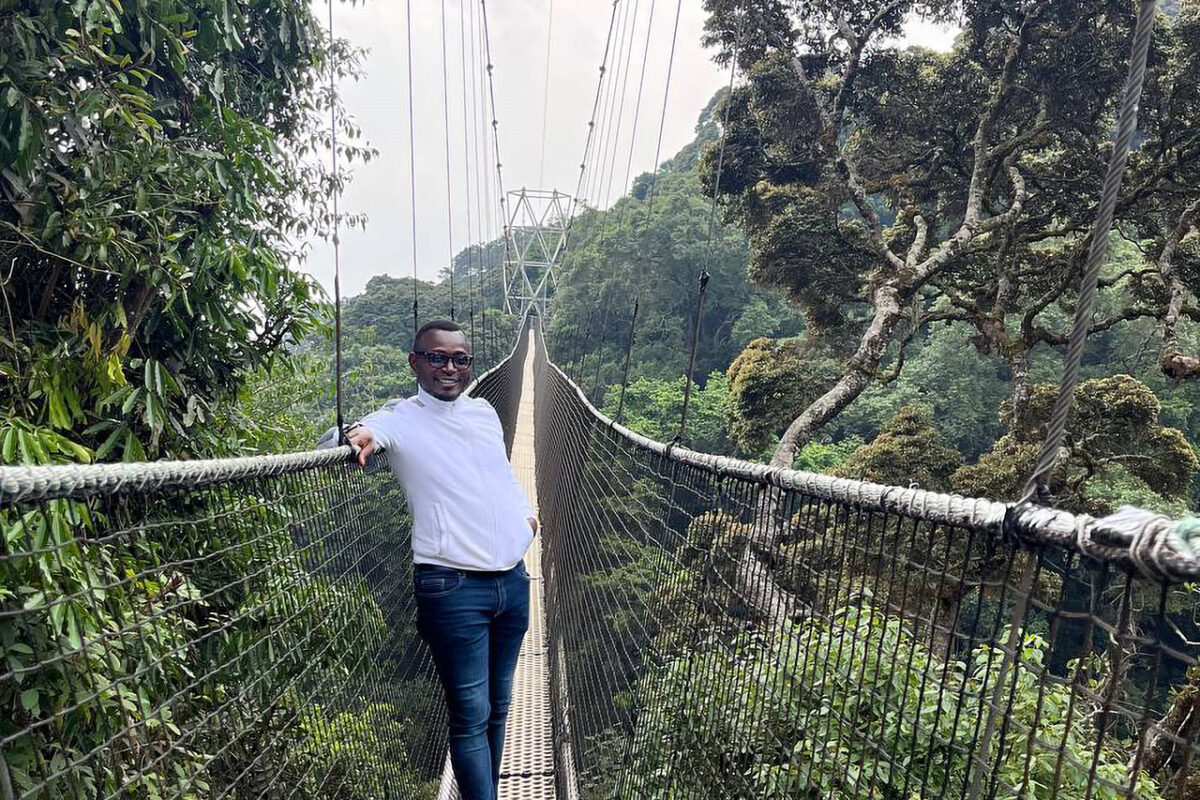- Families in northeastern Brazil’s Alto Jequitinhonha region have held out against industrial farming by preserving dozens of traditional seed varieties through generations of family farming.
- The tradition led to publication in 2019 of the Alto Jequitinhonha Creole Seed Catalog, which lists 132 varieties preserved and grown by 28 families in the region.
- Guaranteeing food security means dealing with several challenges in this region, including increasingly longer dry seasons as a result of climate change, and competition with eucalyptus monocultures for water.
Alto Jequitinhonha in northeastern Brazil’s Minas Gerais state is where three of the country’s biomes meet: the Cerrado savanna, the Atlantic rainforest, and the Caatinga scrubland. It’s also home to hundreds of family farmers who, over the years, have maintained a robust system of ecological farming that has ensured their food security.
The practice has gained attention from the outside world in recent years, leading in 2019 to the publication of the Alto Jequitinhonha Creole Seed Catalog. It lists 132 varieties of seeds maintained and cultivated by 28 families spread throughout the municipalities of Turmalina, Veredinha and Minas Novas.
The catalog was published by the Vicente Nica (CAV) Center for Alternative Agriculture, part of the Cerrado Network, in partnership with international development NGO CeVI and the municipality of Mereto di Tomba, both in Italy, and the Minas Gerais office of the Catholic aid and development NGO Cáritas Brasileira.
The catalog is a registry of seeds that have been passed down from generation to generation, in a region that’s also home to large industrial farms that use agrochemicals and genetically modified seeds. The creole seeds have persisted over time and, in Alto Jequitinhonha, are being preserved by small farmers known as the “guardians of creole seeds.”
Several varieties of pumpkin, peanut, rice, coffee, sugarcane, fava bean, corn and okra are listed in the catalog, among other plants. There are 28 varieties of beans alone, and also less-common produce such as the purunga bottle gourd, caxi gourd and marimba gourd, and the cará-moela air potato.
“It’s a way to maintain genetic heritage and protect crop biodiversity,” says Ademilson Gonçalves da Silva, a farming and livestock expert at the CAV.
The small farmers here mostly practice subsistence agriculture. But they also sell some of their crops at municipal fairs and exchanges, or to federal government food programs like the PNAE (National School Lunch Program) and the PAA (Food Purchasing Program).

Challenges from eucalyptus and drought
These are resilient communities who face many challenges. There are more than 20 municipalities in the Alto Jequitinhonha region, where the combination of drought and low or irregular rainfall has forced farmers to find ways to maintaining their water reserves. Some use cisterns and small dams.
The most interesting thing the farmers have found over the years is that the creole varieties grown in the region are adaptable to various changes to the soil and climate.
“Another challenge in this region is eucalyptus farming, which has been going on in the highlands since the 1970s,” says Anna Crystina Alvarenga, the Minas Gerais coordinator for Cáritas Brasileira. “Eucalyptus is a non-native species that interferes with water absorption and soil use and therefore farmers’ relationships with the territory.”
She adds the small farmers also have to contend with lobbying pressure on lawmakers by the agribusiness and seed industries. “We are in a very complex process that is also threatening the political milestones that the farmers have already achieved, like being able to manage their own creole seeds and trade them, for example,” Alvarenga says
Silva says family farming cooperatives are a way to strengthen the fight against these challenges.
For the farmers, a key piece of acknowledgement for their traditional is Federal Law 10.711/2003, which recognizes creole and traditional varieties as seeds that may be produced, distributed, traded and sold between family farmers.
Alvarenga says the Alto Jequitinhonha region is important both in terms of cultural and agricultural biodiversity. “The catalog preserves creole seed species diversity. This is genetic heritage that contributes to food sovereignty because each variety has a specific nutritional characteristic. It is a way for family farmers to protect their rights,” she says.
She adds that crops grown on these ecological farms are usually resistant to pests and weeds. “It proves that ecological and healthy sustainability is possible without the use of pesticides.”
Silva also points out that most of the farmers in Alto Jequitinhonha raise crops year-round, which guarantees their food security. “Our soil is fertile and family farming is becoming more and more common. The rainy season runs mostly from October to February, and during the rest of the year, farmers have to save up water because of the lack of rain,” he says.
But the dry cycles in the region have become longer in recent years due to climate change. According to Maria Aparecida Lima Pinheiro, a farmer in the village of Inácio Félix, in Minas Novas municipality, the cistern and small dam on her property no longer sustain her through the dry season. “Now we’re trying to make a small dam on the creek,” she says.
João Domingos Oliveira de Macedo, a farmer in the village of Ribeirão Soares in Turmalina, points to the importance of continual maintenance to ensure enough water year-round: “If one creek dries up each year, a little bit of life dries up too; if each year we manage to maintain a spring, then we have a guarantee that life will go on. Today, I have a spring on my land because we worked hard to take care of it.”

Lives connected to the earth
A common thread runs through the life stories of these family farmers: they see the maintenance of creole seeds as a way to live a rural life in harmony with environmental conservation.
Macedo talks about how the family farming tradition has run through his life: “In my family, from my generation on back, everyone has been farmers. I learned to work in the fields by playing with my dad from the time I was 5 years old.” The eldest of 10 brothers, he grows rice, peanuts, beans, manioc, corn and fruits on his land.
According to Macedo, for many years the popular belief was that farmers who maintained creole seeds were ignorant because they refused to adopt industrial farming methods. “Today, people can see that these seeds are worth their weight in gold. Technology together with organic fertilizers help maintain quality.”
Macedo’s organic production allowed him to raise seven children, and today he works alone, farming 2 hectares (5 acres) of land. “For many years, we sold our goods at the vegetable market. Today, I supply the PNAE, the PAA and even the supermarket,” he says.
“In the future, I expect to be able to bring in other people who want to live this way. Our wealth is in the way we live in harmony with nature.”
Pinheiro shares a similar story. She’s president of the Minas Novas Family Farmers and Vegetable Market Workers Association, which today has 110 members. “I’ve been working in the fields since I was 9 years old. I would help my parents, who were also farmers. I would walk long distances to sell our products and was able to study a bit at country schools,” she says.
This family history led her to grow creole seeds on her land starting in 2013, after a period when she produced cassava flour and candy. “After we got a loan, we managed to build a small greenhouse to grow vegetables and began selling to the PNAE. Today, aside from growing our own food, my husband and I grow and sell at the market, from door to door and even on WhatsApp [mobile app]. Our day starts at 5 a.m.”
Pinheiro says she allows no agrochemicals on her farm. “We make organic compost and use biofertilizers. With this combination, we’ve grown lettuce weighing up to a kilo [2 pounds],” she says.
Another family farmer, Valdir Gonçalves, says he remembers that his first contact with the soil came from his father, who was a cattle driver and also farmed. “I liked to go to the fields with my dad from the time I was 6. But it was after 2006, when I was grown and had worked different jobs, that I dedicated myself to family farming through the CAV movement. I got my first creole seeds from our neighbors and every year I get more at seed trade fairs,” he says.
Today, Gonçalves farms his land alongside his wife and daughter. “We plant corn, beans, cassava, native seedlings from the Cerrado and mostly guandu [pigeon peas]. We supply acerola, oranges and salad greens to the PNAE and PAA. In my opinion, maintaining creole seeds is most important because it preserves the environment. These seeds are already climatized to this locale, so we don’t need to use chemicals. We eat what we plant and also buy from other farmers,” he says.
Gonçalves says that when he first bought his land, it was completely degraded. Today, he has two springs surrounded by riparian forest.
“This is a direct result of our work with farm ecology and organics. It’s important that we live this way because of our quality of life,” he says. “The impression is that we don’t earn much money out here in the country, but if you think about the fact that we eat chemical-free food, breathe cleaner air and live without stress, we realize that the opposite is true.”
Banner image of creole bean seeds, courtesy of the Ceará State Legislature press office.
This story was reported by Mongabay’s Brazil team and first published here on our Brazil site on March 21, 2022.














